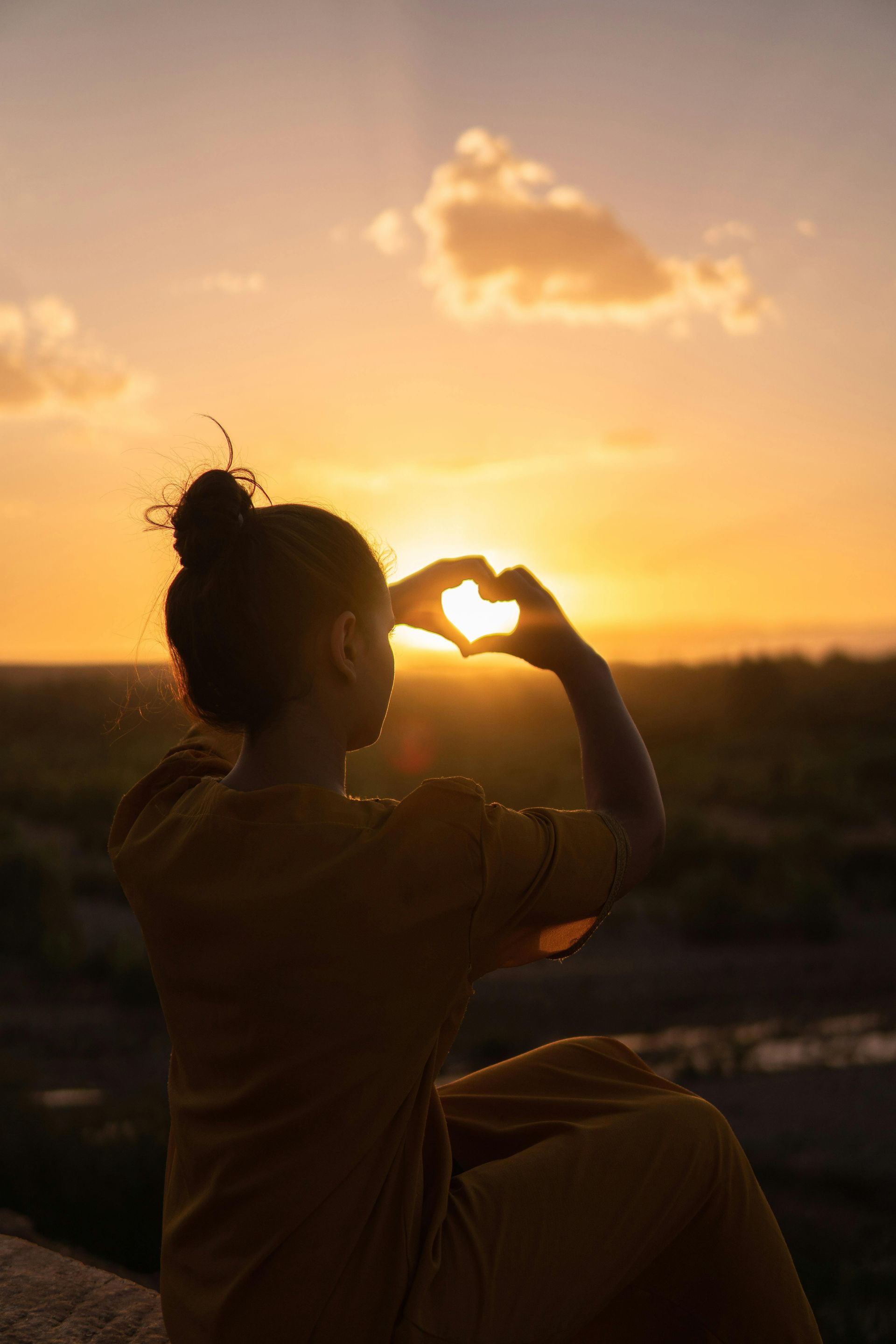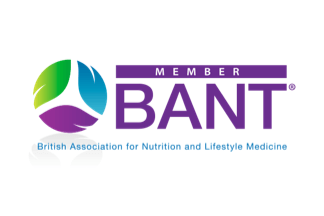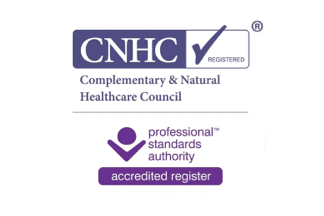COVID-19 NEW FINDINGS
PLEASE SHARE
Today I have been reading some very interesting findings regarding Covid-19 and how it expresses in humans as compared to how it expresses in bats, and what we can learn from this in the management of the infection.
When infected with the SARS-CoV-2 virus, bats initiate an inflammatory response but then in response to that a negative feedback loop halts further production of more inflammatory mediators.
In contrast, humans initiate the same inflammatory response but in reaction to that they up-regulate their production of inflammatory mediators in a mechanism known as the cytokine storm, or production of the NLRP3 inflammasome. This is known to increase the virulence of the infection by increasing fluid in the lungs, leading to the development of a cough, wheezing and shortness of breath, oxygenation of the blood falling, potentially progressing to ARDS and thus needing hospitalisation. Currently pharmaceutical companies are working hard to develop drugs to reduce the damage caused by these mechanisms, many of which are being tested for covid-19.
Whilst these clever scientists research this field, there is a lot that the diet can do to assist in turning off the NLRP3 and NFKappaB inflammatory cascade. Improving the quality of our diet by eating more vegetables and berries will support both.
In particular are the following:-
- Quercetin – found in apples and onions
- Resveratrol – found in red grapes, blueberries, skins of vegetables and berries, particularly mulberries
- Curcumin – found in the spice turmeric
- Allicin – found when garlic is crushed (a key trick with garlic is to crush it at least 10 minutes before cooking it, as it allows enough time for the maximum amount of allicin to be created on contact with air)
- Sleep – deprivation increases NLRP3 and inflammation
- Stress – cortisol stimulates NFKappaB
So when I surprise you with recommendations for your lifestyle rather than just dietary, this is why, sleep and stress optimisation are critical!
So, keep calm, sleep well and eat lots of berries!
Much love, Kate x
MORE FROM OUR BLOG









